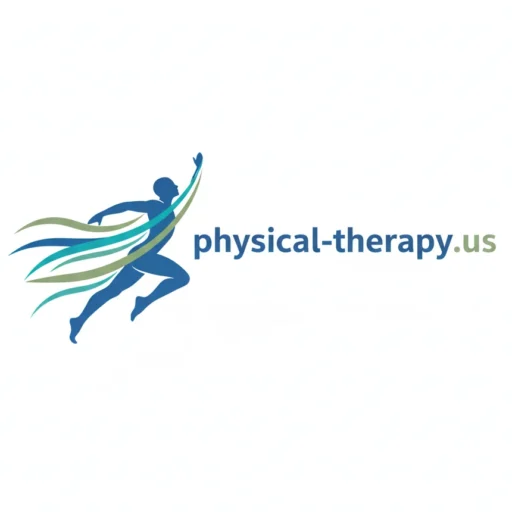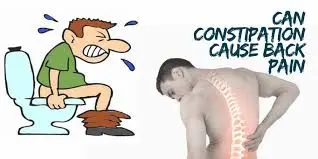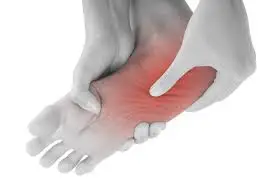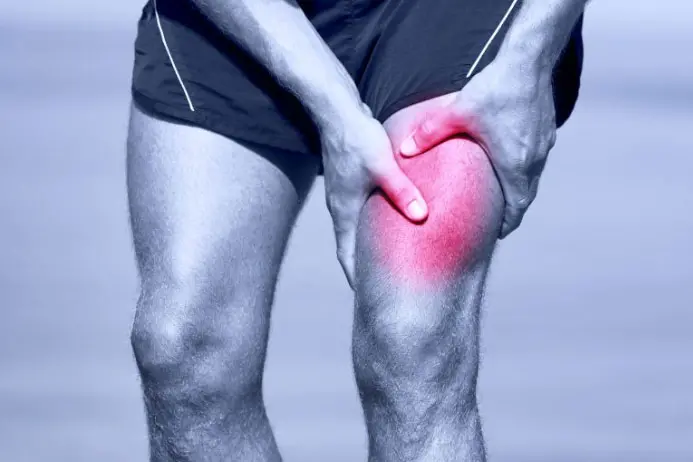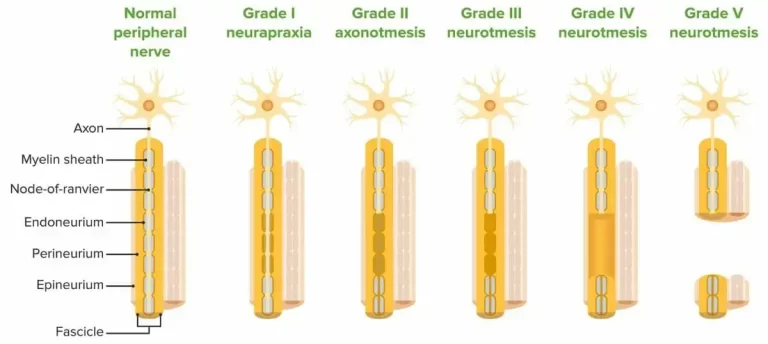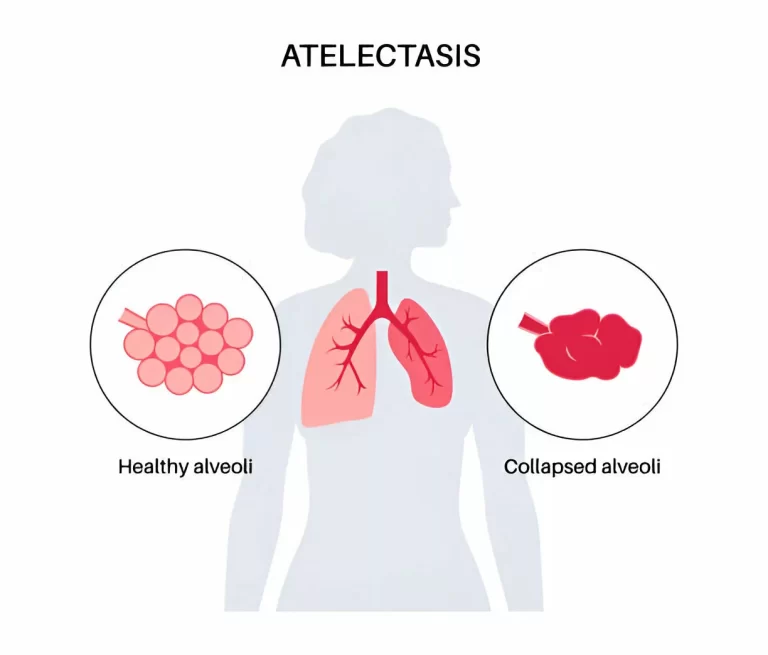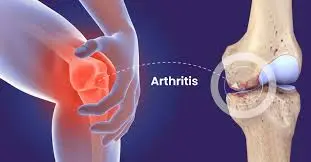Can Constipation Cause Lower Back Pain?
Introduction:
Back pain may sometimes be caused by constipation. In some instances, the two symptoms might also have a common underlying cause, such as fibroids, gastrointestinal disorders, or drugs.
Nonetheless, constipation and lower back pain are both frequent conditions that can occur at the same time. They usually go away with at-home care. This article investigates the potential link between constipation and lower back pain. It also examines symptom-causing disorders, possible causes, and available treatments. Constipation is a common cause. Let’s examine why the two might coexist and how you can receive relief.
Causes of constipation with back pain:
Back pain can occasionally be caused by constipation. The sacral nerves, which are located in the lower back, are compressed by the mass of excrement, causing pain.
Straining can also result in back pain, which can cause pain or tension in the muscles. On the other hand, if a person has been physically inactive because of their back pain, it may indirectly cause constipation.
Constipation can result from a variety of situations. Sometimes it’s impossible to identify the main reason for constipation. Among the potential reasons for constipation are:
- Dehydration
- low-fiber diet
- Lack of physical activity
- Certain medications
- Bowel obstruction
- Colon or rectal cancer.
Constipation caused by back pain:
On rare occasions, a tumor pressing on the spinal cord or an infection can be the cause of back pain. One of the condition’s negative effects could be constipation.
Back pain caused by fecal impaction:
Low back pain may result from fecal impaction. A particle of dry stool becoming lodged in the colon or rectum is known as fecal impaction.
The following are a few reasons for lower back pain:
- Sprains or strains: A sprain is an injury that happens when a person overstretches their back’s ligaments. Tendons or muscles are impacted by strains.
- Herniated disk: When one of the disks that cushion the space between the bones in the spine begins to protrude outward, it is known as a herniated or bulging disk. The spinal nerves are subsequently compressed by this disk, which may result in pain and lower back pain.
- Spinal curve: People with scoliosis and lordosis may experience lower back pain due to the abnormal curvature of their spines.
- Spinal stenosis: Usually caused by age or trauma, spinal stenosis is the narrowing of the spinal bones. The spinal nerves are under increased pressure due to the constriction, which may impair sensation and produce pain.
- Spinal tumors.
- Radiculopathy: One or both sides of the body may experience pain, tingling, and numbness as symptoms.
- Sciatica.
Symptoms of Constipation:
Infrequent bowel movements or trouble passing bowel movements are signs of constipation. Typically, one or two bowel movements each day are considered normal.
Other constipation symptoms include:
- Pain when passing stool,
- Feeling full,
- Having a hard or lumpy stool
- Straining to get the feces out.
Constipation frequently causes the intestines to enlarge with trapped feces. Both back and abdominal pain may result from this. Most people describe this kind of back pain as a dull, aching pain.
- Endometriosis: In individuals with endometriosis, tissue resembling the uterine lining begins to proliferate in other body parts. According the most typical symptoms include severe menstrual cramps, lower abdominal pain, and back pain. Constipation may also result if the tissue expands or presses against the colon.
- Fibroids: They could result in back pain or constipation if they get big enough.
- Irritable bowel syndrome (IBS): IBS symptoms include cramping and bloating in the abdomen, as well as constipation, diarrhea, or both. One sign of IBS is lower back pain.
- Inflammatory bowel disease (IBD): Constipation and diarrhea can result from intestinal inflammation caused by these disorders. Furthermore, according to a 2019 article from a reliable source, ankylosing spondylitis, an inflammatory arthritis that affects the spine, is linked to IBD.
- Fibromyalgia: Symptoms of fibromyalgia include fatigue, difficulty sleeping, chronic pain, and digestive issues like constipation.
- Liver disorders: Symptoms of liver diseases, including cirrhosis, hepatitis, and cancer, might include constipation, nausea, itching, pain, and swelling in the abdomen. The liver condition determines where the back pain is located.
- Pancreatic cancer: In its early stages, pancreatic cancer typically doesn’t create any symptoms. But when it worsens, a person could have a variety of symptoms, including back pain, stomach issues, itchy skin, and more. Constipation is another side effect of pancreatic cancer treatment.
Treatment options for constipation and back pain:
Call your doctor if you get constipation after beginning a new diet or taking a new medicine. They can assist you in changing your medicine or diet, or they can approve stopping it completely.
The following are some typical home remedies for constipation:
In less severe situations, a person may be able to relieve lower back pain and constipation at home by doing the following:
- Low-impact physical activity: A 2019 study found that exercise is a useful remedy for constipation. Depending on the cause, mild workouts may also help treat lower back pain.
- Drinking a lot of water can help the stool become softer and easier to pass by giving it more volume.
- Consuming additional fiber: Dietry Fiber can give feces more volume, even though the body cannot digest it.
- Trying painkillers that are available over-the-counter: These pills can help reduce pain. Make sure constipation is not listed as a side effect by reading the label.
- Using heat or cold therapy: Using hot or cold packs can help reduce pain and relax irritated muscles.
Temporary constipation can be relieved using over-the-counter laxatives, suppositories, and stool softeners.
It’s likely unconnected if treating your constipation doesn’t significantly lessen or completely resolve your back pain. Discuss assessing your back pain with your physician.
Prognosis:
Constipation-related lower back pain usually has a favorable prognosis, particularly if the underlying digestive problem is treated right away. In the majority of cases, the corresponding back pain goes away without the need for intensive therapy if regular bowel movements are restored with dietary adjustments, hydration, and exercise.
Chronic or severe constipation, on the other hand, can cause recurrent episodes of pain and raise the risk of problems like fecal impaction or hemorrhoids, which can make recovery take longer. Long-term relief and the avoidance of subsequent back pain episodes depend on determining and addressing the underlying cause of constipation.
Prevention:
Maintaining regular bowel movements through a healthy lifestyle is crucial to preventing lower back pain caused by constipation. A diet high in fiber, which includes whole grains, fruits, and vegetables, keeps the digestive tract in good working order.
Maintaining enough hydration softens feces, which eases passage and lessens strain on the lower back and colon. Other useful tactics include avoiding extended periods of sitting, acting quickly when you feel the need to urinate, and consuming fewer foods or drugs that cause constipation.
These practices can lessen the likelihood of stool accumulation and the ensuing strain on surrounding muscles and nerves, which can result in lower back pain, by supporting digestive health.
Conclusion:
Lower back pain may result from constipation. Stool accumulation in the colon can cause bloating and pressure, which can spread to the lower back. The pressure on the nearby muscles, nerves, and organs is frequently the cause of this pain. Even though back pain from constipation is typically not severe, if the pain persists, a doctor should be seen to rule out underlying causes and provide appropriate therapy.
FAQs
Which fruit helps relieve constipation the most?
Prunes (dry plums) are a fruit highly suggested for alleviating constipation because of their high fiber content and natural sugar alcohol sorbitol, which can help promote bowel movements. Bananas, figs, apples, pears, kiwis, and pears are also great options because they are high in water and fiber, which helps to soften and smooth the passage of stool.
What causes your bowels to empty right away each morning?
Drink warm water with lemon in the morning to hydrate the body and encourage bowel movements. To enhance regularity and digestion, eat meals high in fiber, such as fruits and whole grains. Probiotics can help control bowel movements and enhance gut health.
What are some at-home methods for clearing a bowel obstruction?
Focus on consuming more fiber, drinking plenty of water, and even utilizing an enema or stool softener to assist in clearing a bowel obstruction at home. Seeking medical advice is essential if symptoms are severe or ongoing.
Can lower back pain be caused by a plugged colon?
Long-term constipation results in irregular bowel movements, which obstruct and overburden the surrounding organs, particularly the veins in the lower back. Occasionally, this results in mild to severe lower back pain. Consult a doctor right away if your constipation lasts more than three weeks.
What eases back pain from constipation?
Eating more fiber, drinking more water, exercising more, and using laxatives carefully are all ways to manage back pain associated with constipation.
How does constipation-related lower back pain feel?
Lower back pain or a dull aching sensation in this area of your back may be caused by an accumulation of stool in your intestines. If your lower back pain is a result of constipation, it will eventually go away if you begin to have regular bowel movements.
References
- Crna, R. N. M. (2025, March 28). Can constipation cause lower back pain? Causes for both and how to treat. https://www.medicalnewstoday.com/articles/325663
- Sawyers, T. (2023, March 31). Constipation and back pain. Healthline. https://www.healthline.com/health/constipation-back-pain
- Clinic, C. (2025, April 22). Is constipation causing your back pain? Cleveland Clinic. https://health.clevelandclinic.org/can-constipation-cause-back-pain
- Can back pain cause constipation? (2024, January 31). Hackensack Meridian Health. https://www.hackensackmeridianhealth.org/en/healthu/2024/01/31/can-back-pain-cause-constipation
